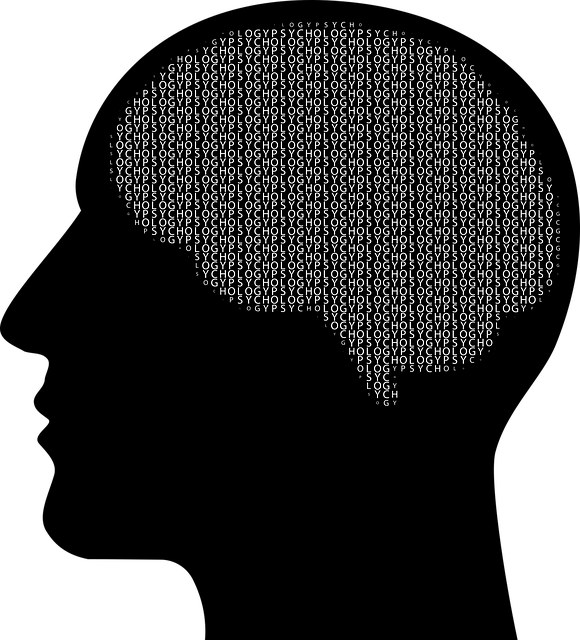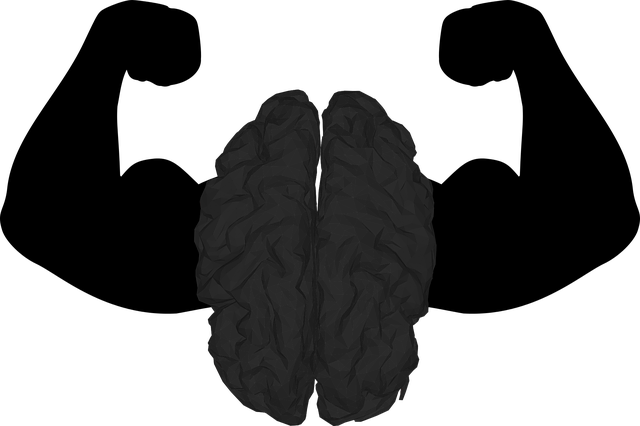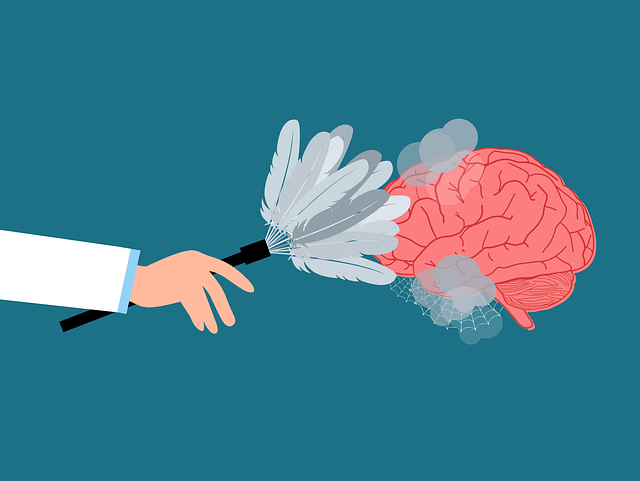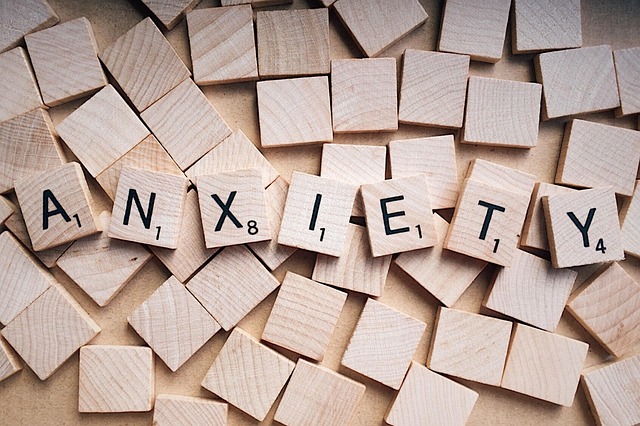Young Adult Adjustment Disorder (YAAD), affecting individuals aged 18-30, is a mental health condition stemming from trauma, causing severe depression, anxiety, and disassociation. Without therapy, emotional distress can complicate adulthood. Cultural sensitivity in mental healthcare is crucial for understanding YAAD. Mental wellness coaching, offering self-exploration support and coping strategies, complements traditional therapy. Targeted coaching programs with mindfulness meditation empower young adults to manage stress and achieve better mental health outcomes. Increasing awareness about mental health and implementing strategic, personalized coaching approaches are vital for addressing YAAD effectively.
Mental wellness coaching programs are gaining traction as innovative approaches to support young adults grappling with adjustment disorders. This article delves into the intricacies of developing targeted coaching interventions, exploring key components such as understanding symptoms, leveraging coaching in therapy, and implementing successful programs. We examine strategies to navigate the unique challenges faced by young adults and provide evidence-based practices for therapists aiming to enhance treatment outcomes for this demographic through tailored mental wellness coaching.
- Understanding Young Adult Adjustment Disorder: Symptoms and Impact
- The Role of Mental Wellness Coaching in Therapy
- Developing Effective Coaching Programs for Young Adults
- Implementation Strategies and Measuring Success
Understanding Young Adult Adjustment Disorder: Symptoms and Impact

Young Adult Adjustment Disorder (YAAD) is a mental health condition often characterized by a significant difficulty in coping with the demands of daily life after experiencing or witnessing traumatic events. This disorder primarily affects individuals between the ages of 18 and 30, a crucial period of transition and self-discovery. Symptoms can include severe depression, anxiety, and disassociation from reality, hindering their ability to function normally.
The impact of YAAD is multifaceted. It can lead to academic or professional struggles, strained relationships, and even physical health issues. Without appropriate therapy for Young Adults Adjustment Disorder, individuals may experience prolonged periods of emotional distress, making it challenging to navigate the complexities of adulthood. Cultural sensitivity in mental healthcare practice plays a vital role in understanding and treating YAAD, ensuring that emotional intelligence is cultivated to offer tailored support and anxiety relief for those affected.
The Role of Mental Wellness Coaching in Therapy

Mental wellness coaching plays a pivotal role in enhancing traditional therapy for young adults dealing with adjustment disorders. Unlike conventional talk therapy, which often focuses on identifying and addressing root causes, coaches provide a supportive environment to foster self-discovery and personal growth. Through active listening and structured guidance, coaches help individuals develop coping mechanisms, build resilience, and enhance their ability to navigate life’s challenges.
By integrating evidence-based practices such as conflict resolution techniques and social skills training, mental wellness coaching complements therapy by empowering young adults with practical tools for emotional well-being. Moreover, public awareness campaigns development around mental health issues can further support this process by normalizing conversations about adjustment disorders, reducing stigma, and encouraging early intervention.
Developing Effective Coaching Programs for Young Adults

Developing coaching programs that cater specifically to young adults is an essential step in promoting mental wellness within this demographic. Many young adults struggle with adjusting to adulthood, which can lead to conditions such as Adjustment Disorder. Effective coaching aims to provide support and strategies to help them navigate these challenges. By incorporating techniques like mindfulness meditation into the coaching process, professionals can empower individuals to manage stress and develop coping mechanisms for their mental health.
Coaching programs should be designed with a holistic approach, considering not just the individual’s current state but also their long-term goals. This includes teaching risk management planning for mental health professionals to ensure safe and effective support. Increasing mental health awareness among young adults is crucial, fostering an environment where they feel comfortable seeking help and adopting healthier ways of living.
Implementation Strategies and Measuring Success

Implementing mental wellness coaching programs requires a strategic approach tailored to the target audience’s needs. For young adults struggling with Adjustment Disorder, a combination of individual and group sessions can be effective. Starting with an assessment phase allows coaches to tailor interventions, ensuring activities align with each participant’s unique challenges and goals. This personalized touch fosters engagement and enhances treatment adherence.
Measuring success in mental wellness coaching goes beyond attendance. It involves qualitative and quantitative assessments, such as tracking improvements in symptoms related to Adjustment Disorder through standardized questionnaires. Regular feedback sessions between coaches and clients can also provide valuable insights into the program’s effectiveness. Additionally, monitoring client satisfaction with communication strategies like Mindfulness Meditation demonstrates its integration into daily life and overall mental wellness improvement. Effective programs should facilitate open dialogue, encouraging young adults to share their experiences and adjust practices accordingly, ensuring a supportive and adaptive environment for their journey towards better mental health.
Mental wellness coaching programs have emerged as a powerful tool in supporting young adults struggling with adjustment disorders. By integrating these approaches into traditional therapy, we can create tailored interventions that address the unique needs of this demographic. Through comprehensive programs focused on skill-building, self-awareness, and coping strategies, mental wellness coaches empower young adults to navigate challenges and foster resilience. As we continue to innovate in therapy delivery, leveraging the potential of coaching will undoubtedly contribute to improved outcomes for those seeking treatment for Young Adult Adjustment Disorder.














